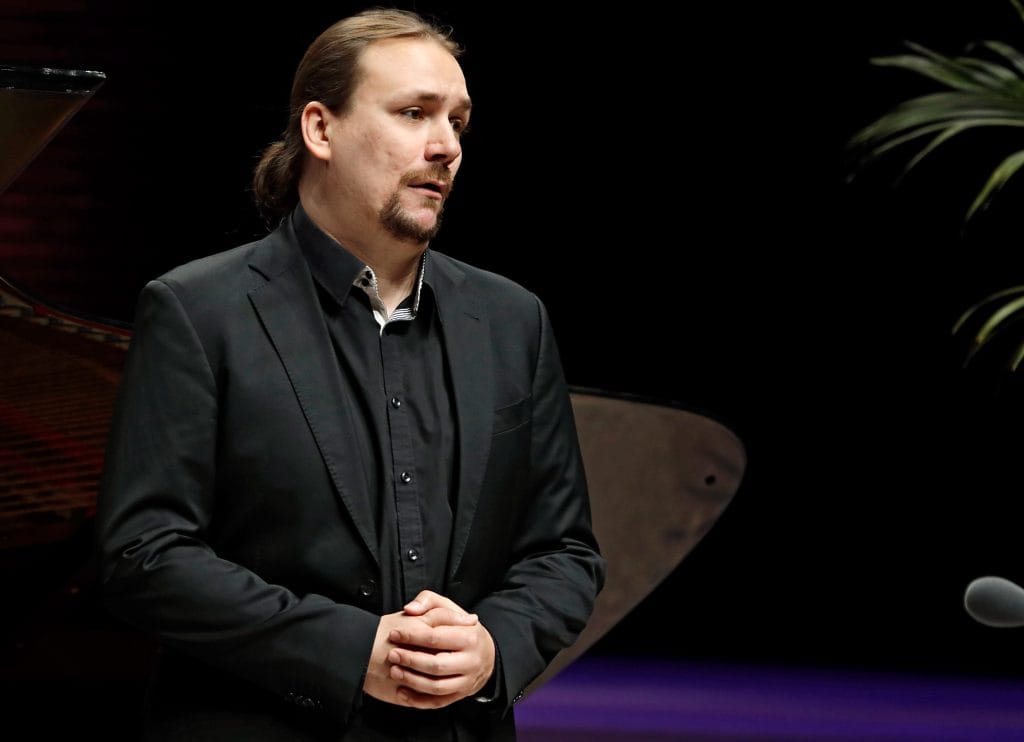Studying Finnish and focusing on Viennese lieder
25 May 2019
The Mirjam Helin Competition has progressed to the exciting semifinals, where singers have a chance to concentrate on a more extensive set of lieder. Baritone Stefan Hadžić chose songs by Mahler and sang Merikanto as his required Finnish piece.

Stefan Hadžić (b. 1989) wants to send his warmest regards to a fellow student in Vienna. “Finnish soprano Sanna Matinniemi was extremely helpful and supportive, studying the Finnish language with me for Oskar Merikanto’s Myrskylintu”, the Serbian baritone tells. “I was nervous about the text, but I took it as a positive challenge. And I did want to choose something which would a little bit more unknown, internationally.”
The Mahler lieder, set to texts by Friedrich Rückert, resonate strongly with Hadžić. “I found myself in them, as with the whole semifinal program. All the Mahler songs are wonderful, and in the great ending of Um Mitternacht you just stop worrying about any troubles and give yourself over to God – or some higher power.”
Hadžić finds himself relieved for schedule reasons, too. Namely, he had to go to Poland for a rehearsal on Friday, for a concert which is there on Sunday. “I am so glad everything worked out – I was able to fly to Berlin and carry on to Poland with a bus, and I will do that again tomorrow. Of course, I have to say I had luck with the drawing.”
The baritone used to aim for a pianist’s career. He had played the piano since childhood and was studying the instrument between 2007-2011 at the University of Belgrade. “Once, my music teacher in High school accidentally heard me, just shouting some notes around. And he said I should give singing a try.” Hadžić thinks his background as a pianist is immensely useful. “When you have memorized a piano concerto, learning an opera role does not feel like such a huge project it otherwise would.”
In Vienna, Hadžić is studying at a Master’s program at the University of Music and Performing Arts, his teachers including the lied specialist Florian Boesch. “In Austria, they invest a lot in culture, and young people are given many opportunities. In one of the opera capitals of the world, the flow of information is very different to Belgrade, of course, although there are good teachers there, too.”
Text: Justus Pitkänen
Photo: Heikki Tuuli
